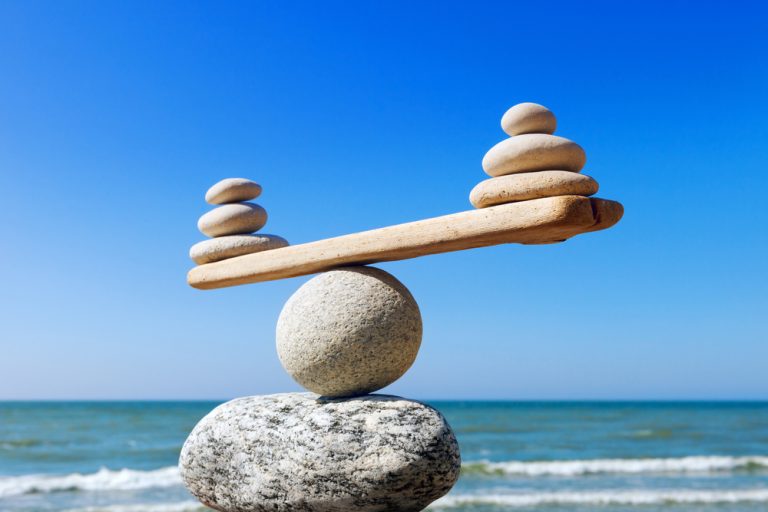 Creating your estate plan isn’t just something for people who live in palatial estates. An estate simply means a collection of all of the assets that a person intends to leave to heirs after they pass away. Even people with modest estates need to make sure they can maximize their assets, reduce death tax burdens, and have their estate divided according to their wishes. This is what creating your estate plan should accomplish. Sadly, it’s a duty that is often neglected.
Creating your estate plan isn’t just something for people who live in palatial estates. An estate simply means a collection of all of the assets that a person intends to leave to heirs after they pass away. Even people with modest estates need to make sure they can maximize their assets, reduce death tax burdens, and have their estate divided according to their wishes. This is what creating your estate plan should accomplish. Sadly, it’s a duty that is often neglected.
You might think about creating your estate plan as a way to help protect your family or other heirs. The most basic part of this is to draft a will that helps communicate your intentions after you are gone. This seems common knowledge, but according to Forbes, 55 percent of Americans lack even a simple will.
If you don’t have a will or another way to communicate your intentions, you could leave your own family open to costly legal battles and family strife. Of course, that’s the last thing you want to have happen after you’re gone.
A Guide to Creating Your Estate Plan
Minimize taxes: Even though the IRS allows each individual an exemption of over $5 million, fifteen states and D.C. have their own death taxes with much lower exemptions, according to a recent Tax Foundation report. For example, the New Jersey estate tax exemption is only $675,000. Also, unlike estate taxes, inheritance taxes are actually charged to heirs after the estate has been disbursed.
Maximize communication: Once you’re gone, it’s up to your estate plan to explain your intentions. Step one is writing a will and keeping it current. You can even create a will on your own online, but professional assistance is available too. It’s particularly affordable when compared to the cost of probate that your family could incur if they have a dispute. Simple tools like payable-on-death accounts really aren’t good enough on their own because they don’t contain any information about how you want that money used or shared.
Life Insurance, Beneficiaries, and Your Estate Plan
One way to clearly define how you want your assets distributed is simply to name beneficiaries on a life insurance policy. You can assign percentages of the proceeds to different heirs, and you can also name secondary heirs that inherit in case the primary beneficiaries pass away. Collecting a life insurance death benefit is simple and straightforward. In addition, inheriting from the proceeds of life insurance usually doesn’t trigger a tax filing.
Cash value and permanent life insurance policies offer many benefits as an estate-planning tool, and because you own them as an asset, they can also help you while you are still alive. We offer many ways to learn about the benefits of whole life insurance policies.
At Paradigm Life we can customize a policy to fit your financial situation. Our expert Wealth Strategists are available to answer your questions and show you customized illustrations, outlining an individual plan of action to help you achieve your goals.  , no strings attached.
, no strings attached.







